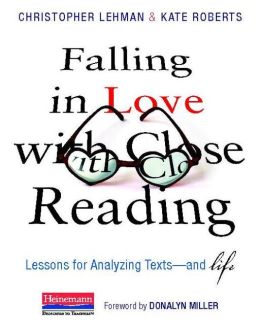I established the purpose of our reading of chapter 1: focus on identifying Contrasts & Contradictions, a skill we have been working on for weeks now. I liked them before, but I now believe I am head-over-heels in love with Contrasts & Contradictions. Adam Levine may be People's sexiest man alive, but he ain't got nothin' on 25 students asking some deep questions.
Before I present the list, let me preface by saying this: I helped point out some of the CCs, but any discussion afterward was left to my students. There was oohing, aaahing, and oh-my-goshing from them and a lot of shoulder shrugging and playing stupid from me.
So here is what "we" uncovered in chapter 1:
- Jets flying overhead is not frightening to us, especially since we live in proximity to the DFW airport, but this is not the same for the people in the community.
- We do not have speaker systems set up in our neighborhoods with unknown voices telling us what to do. We have a speaker system at school, but students often to not even pay attention when an administrator comes on because they deem it unimportant. In the community, these not only exist, but any directions are followed immediately.
- Being released from class is a good thing, but being released in the community does not appear to be a good thing at all. The kids did discuss what the possibilities might be. They suggested everything from death to banishment to the desert.
- Jonas is concerned about word choice, but we say whatever they think whenever they think it.
- We do not tend to recognize when apologies are necessary, but in the community, they are required. (The kids also noted that the repetition of the apology was an Again & Again signpost.)
- We don't share feelings with our parents. Eeeew! Jonas and family have to discuss feelings because it is a rule.
- Jonas and Lily do not know what animals are. (Although they identified this one, many of my students were quite confused about how this could possibly be. I am curious to see how they react when they learn why.)
- Job roles are reversed in the story based on our stereotypical views (nurses are women; law enforcement workers are men).
- In our culture, we are not given spouses. (This did lead to some discussion of different cultures and religions around the world. I also started giving them classmates and spouses, and they were not happy.)
- In our culture, there is not a limit on the number of kids or specified genders. (Some of the classes discussed that the babies must be given like the spouses because that's the only way this arrangement could happen. As they talked about this, they began to realize that the babies must be made in some unnatural way.)
I am proud of myself for a much better start to teaching this novel than I had last year, and I am proud of my students for showing that their brains do work right before a holiday.














